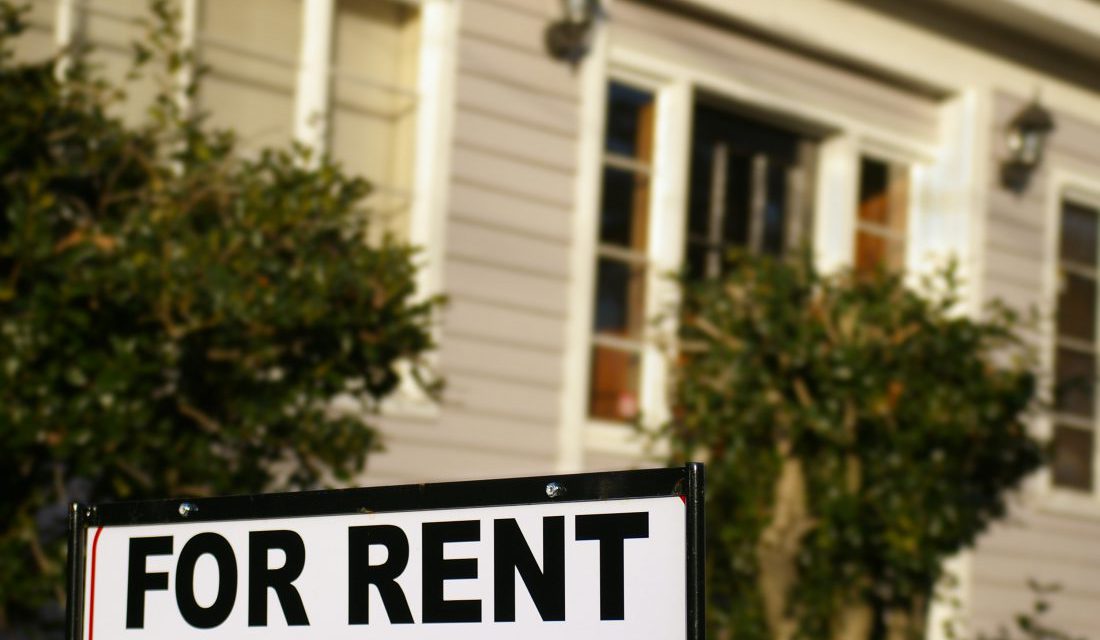Getting housing bills through the California legislature has been an excruciating process this year. So far in 2019, lawmakers have introduced more than 200 housing-related bills into the California legislature, some promising and others fatally misguided. This influx is a reaction to California’s snowballing housing crisis. Housing and construction costs are soaring, and now lawmakers are scrambling to legislate a solution.
Rent control
Of the lucky few survivors of this May’s housing bill bloodbath is Assembly Bill 1482 (AB 1482). It is the only tenant protection bill to escape the chopping block this year. Introduced by San Francisco Assemblymember David Chiu, the bill limits rent hikes to 7% plus inflation. This caps the rate at which landlords may raise rents to an average of 10% per year.
Exempt from AB 1482’s rent cap restrictions are:
- properties already covered by local rent control ordinances;
- properties of owners with ten or fewer single family residences (SFRs); and
- properties built within the last ten years.
The bill also folds in its companion bill, AB 1481, which disappeared after failing to come up for a vote before its deadline. AB 1482 adopts a provision from its companion bill that prevents landlords from evicting tenants without cause.
If signed by Governor Newsom, these restrictions go into effect in 2020 and expire in 2023.
Unintended consequences
Sounds like a good deal, right? Well…
The bill aims to keep rents from rising beyond the financial abilities of long-term tenants. In theory, this creates more stable neighborhoods since tenants won’t be forced out because of gentrification.
The idea behind rent control is stable tenants create better neighborhoods. Long-term tenants become more invested in their homes, keeping the community cleaner and safer than short-term tenants.
But in practice, rent control has very different consequences. Rent control measures are turned on their heads because of a loophole created by Costa Hawkins. It resets rent-controlled units to market rate whenever a tenant vacates the premises. In turn, landlords are encouraged to maximize tenant turnover to collect higher rents.
A landlord looking to raise rents beyond the rate allowed by local rent control ordinances may limit property maintenance to the legal minimum to encourage a tenant to leave. It inadvertently creates a perverse landlord/tenant relationship that fails to keep its promise of keeping long-term tenants in place.
Related article:
Running interference
Originally, the bill was more generous to tenant-protection advocates. The rent cap sat at 5% plus inflation just before a last-minute deal with the California Association of Realtors (CAR). The trade union gave the green light after an exemption for owners of ten or more SFRs was added and the bill’s sunset date was advanced to its current 2023 end date.
San Francisco, home to Assemblymember Chiu’s district, has seen some of the worst of the housing and homelessness crises. Here, homelessness rose by 30% since 2017. And yet Chiu is essentially applying a band aid to a gushing head wound with this misguided and declawed version of AB 1482.
But AB 1482’s effectiveness becomes a moot point when you consider rent control does little to protect tenants and ease the housing and homelessness crises.
Keeping long-term homeowners in place is a noble goal, but the use of “fixes” like rent control contradicts municipalities’ desire for new development. Instead of rent caps, California needs legislation that creates more affordable housing stock. Follow the link ahead to learn why construction of low-income housing is a more effective strategy than rent control when it comes to combating California’s housing crisis.
Related article:
Change the law: Eliminate rent control in favor of more low-income housing















Your implication that a landlord would withhold maintenance so that a disgusted tenant would move is misguided and disparaging. The majority of operating expenses are incurred during vacancies where paint, flooring, appliances et al need to be maintained and upgraded. Ignoring maintenance is bad business in all circumstances.